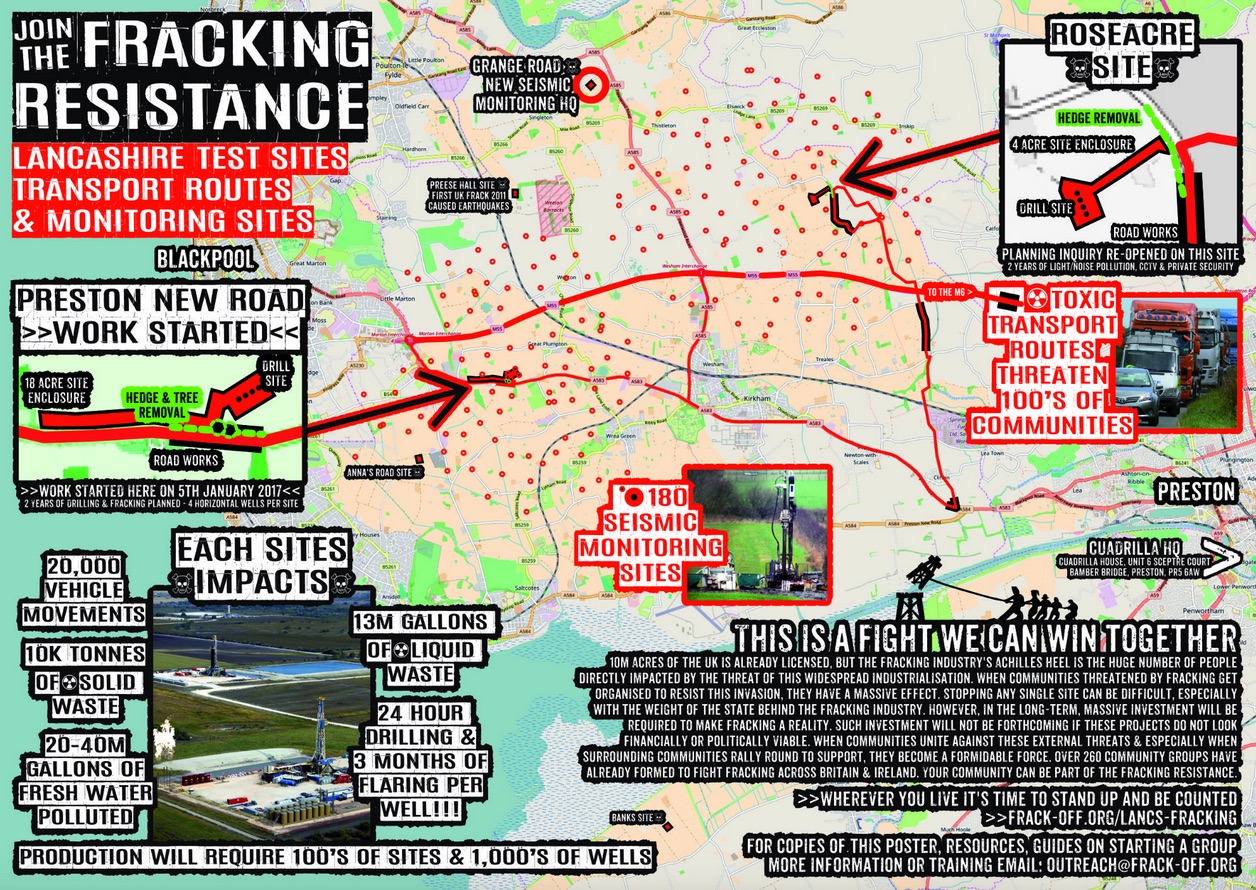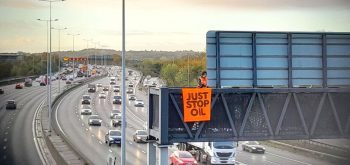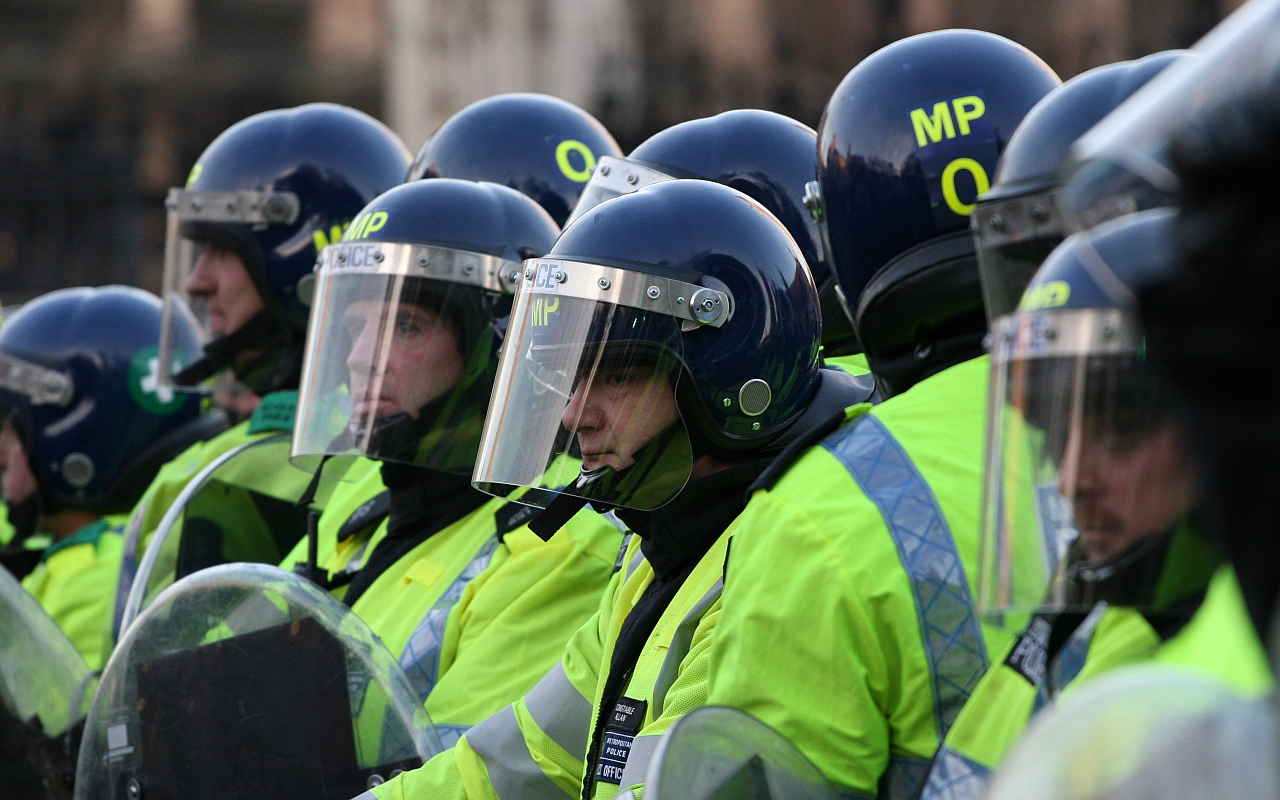So far five injunctions have been granted to multinational companies in closed courts to prevent anti fracking campaigners from protesting in a new trend that has alarmed civil liberties groups.
Earlier this month, MPs, lawyers, and activists attended a meeting at the House of Commons to raise awareness about the growing threat to civil liberties from injunctions by oil and gas companies ahead of a Court of Appeal due to be held in March challenging the injunctions secured by the chemical and oil giant Ineos in July 2017. The event was organised by Garden Court Chambers, Friends of the Earth, Liberty, Frack Free United and Talk Fracking
Ineos is owned by billionaire Jim Ratcliffe and aims to become a leading fracking company. The meeting also raised concerns about injunctions sought by UK Oil and Gas (UKOG) granted in September 2018 and Angus Energy in September 2013.
The terms of the injunctions drew boundaries on areas of land which the companies would need clear access to for their exploratory or fracking activities. These boundaries often covered miles of local road and public rights of way and principally banned any form of protest. The injunctions carried sanctions ranging from fines to imprisonment and were deemed necessary by the courts to prevent ‘unlawful interference with business‘.
Labour MP and Shadow Attorney General, Shami Chakrabarti, spoke about the urgent need to deal with these injunctions describing them as ‘draconian laws secretly cooked up by these organisations’. She claimed that they undermined our justice system allowing multinationals to gain commercial advantage whilst prohibiting lawful protest.
Stephanie Harrison QC, a public law barrister at Garden Court Chambers, argued that the aims of this type of injunction was to curtail protest in its entirety – be that direct protest, online protest or more passive methods of protest. She added that the injunctions ‘allowed the organisation to essentially carve out the boundaries of what is lawful and unlawful’.
‘People have fought hard for the right to free speech. The attack on this fundamental right by oil and gas companies is a matter of grave concern.’
Stephanie Harrison QC
Harrison is representing defendants engaged in protests against UKOG and Ineos. ‘These injunctions have serious implications for the many individuals and groups who wish to continue to exercise their rights to free speech, assembly and association as part of long-standing locally based campaigns against the adverse impacts of oil and gas exploration for the environment, the climate and their local communities.’
All injunctions were granted against ‘Persons Unknown’. Harrison explained that, as a consequence, there was no-one present at hearings to lawfully contend the claim unless the hearing details become public. She argued that the orders were contrary to human rights and enabled claimants who do not have specific individuals they can sue to simply bypass due process.
‘If we do not succeed to overturn this process… very wide-ranging injunctions are going to be made with large repercussions for many people with no opposition,’ the barrister said. ‘They must be characterised as unacceptable and be challenged accordingly.’
The use of injunctions against ‘persons unknown’ was ‘a sinister new strategy in response to widespread opposition to their plans’, said Dave Timms, Friends of the Earth head of political affairs. These ‘draconian injunctions’ went far wider than covering already illegal actions, he argued. ‘They create a climate of fear where people taking lawful protest are uncertain about whether their actions could breach an injunction; with the risk of imprisonment or having their assets seized.’
There was also concern about the use of so called ‘secret courts’ – the multinational companies were able to issue proceedings and have their hearings in closed sessions. Joe Corre, a defendant in the INEOS injunction case, asked: ‘How are secret courts even allowed in a democratic society?’ He argued that the multinationals ‘essentially bought the law’. He expressed his confusion that INEOS were able to submit 32 lever arch files and six hours of video footage as evidence without any of this information being made available to anyone else.
The multinational companies argued that closed proceedings were a necessity because public hearings would in effect ‘tip off’ protesters who would then occupy the sites.
Vicki Elcoate, a defendant in the UKOG case and a member of the Weald Action Group, told the crowd about her experience of receiving multiple injunction notices. Elcoate received three in total by Europa Gas, UK Oil and Gas PLC and Angus Energy, all which were sent to her Facebook messenger account.
‘Across the South East, oil companies are pursuing a programme of extreme extraction using unconventional methods like acidisation,’ Elcoate said. ‘These far-reaching injunctions are being used by these companies to silence dissent. The law shouldn’t be there to protect the oil and gas companies against the overwhelming opposition of the people to this threat to industrialise the countryside and pollute our environment.’
She spoke of her shock upon receiving these as they stated that she could be subject to having her assets seized, or fines, or prison if she continued to engage in protests – not least as she had no direct involvement in one of the protests. An audience member called such actions a ‘criminalisation of our basic freedoms’.
It was claimed that companies had hired private security firms who were selling the details of protesters, including members of a ‘mothers and babies’ walking group, onto other companies seeking similar injunctions. This was all part of effort to target potential protesters who had previously expressed discontent online about the actions of these corporate giants or had actively been engaged in protest.
Elcoate suggested that this was a tactic to pre-empt any form of lawful protest by threatening individuals with severe sanctions. Those who received the messages from Angus Energy went to court and expressed their concerns to the judge who allowed them to participate in the hearings as ‘interested parties’.
In March the Court of Appeal will hear challenges to the injunctions secured by INEOS. Campaigners hope the appeal will allow for arguments to be made about the legality of issuing proceedings against ‘Persons Unknown’; as well as arguments concerning judicial misdirection on the use of injunctions and their wider human rights implications.
In the meantime, the INEOS injunction which was granted in July 2017 for actions of trespass, public nuisance and harassment, stands as an interim measure.







